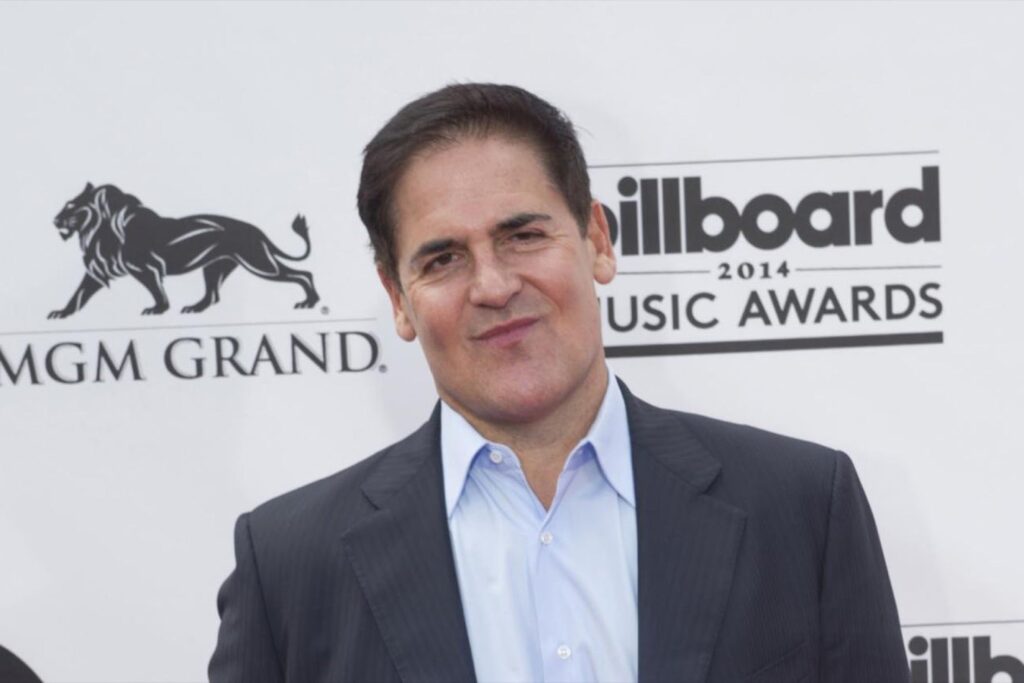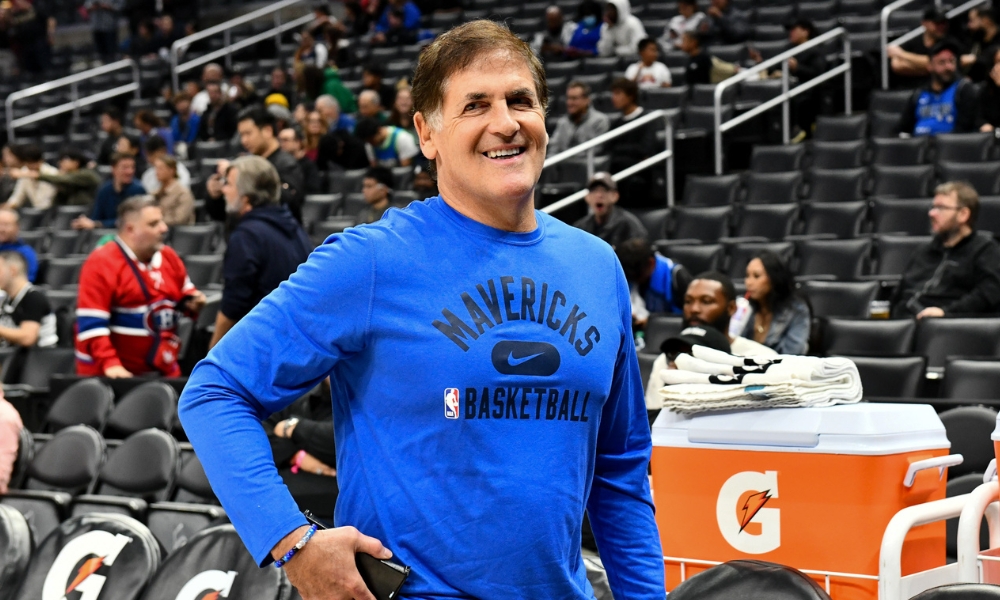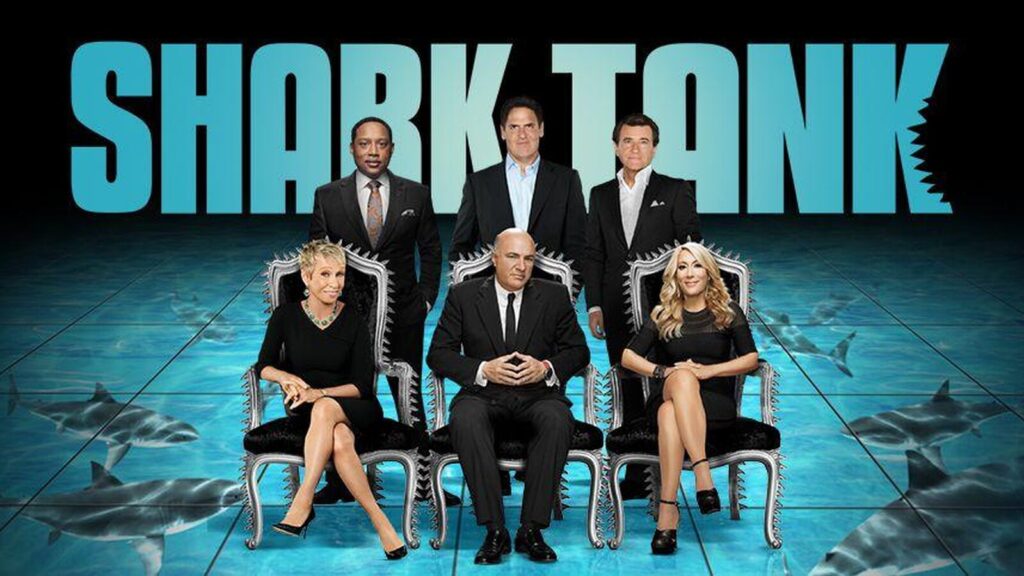Early Life and Blue-Collar Beginnings
A Hustler from Pittsburgh
Mark Cuban was born on July 31, 1958, in Pittsburgh, Pennsylvania. He grew up in a working-class Jewish family in the suburb of Mount Lebanon. His father worked as an automobile upholsterer, and his mother had various jobs. From an early age, Cuban was ambitious and entrepreneurial.
At age 12, he started selling garbage bags door-to-door to save up for a pair of expensive basketball shoes. He later sold stamps, coins, and newspapers. By the time he was a teenager, he was already investing in small ventures and negotiating deals. Cuban wasn’t just motivated by money—he was motivated by independence.
Education and Early Hustle
Cuban enrolled at the University of Pittsburgh before transferring to Indiana University—drawn there because it was the cheapest among top-ranked business schools. While in college, he continued his hustler mentality, giving dance lessons, throwing parties, and running a bar. He graduated in 1981 with a degree in business administration.
After college, Cuban moved to Dallas with little more than a car and a few dollars. He lived with roommates, worked as a bartender, and later got a job as a computer software salesperson. It was this move that would set the stage for his first big business win.

Lorem ipsum dolor sit amet, consectetur adipiscing elit. Ut elit tellus, luctus nec ullamcorper mattis, pulvinar dapibus leo.
Breaking into Tech: MicroSolutions
Getting Fired and Getting Started
While working for a software company called Your Business Software, Cuban was fired for closing a deal without permission. Rather than wallow in defeat, he saw opportunity. Using his newly developed tech skills and network, he founded MicroSolutions, a computer consulting company, in 1983.
Cuban started small—building networks and offering software solutions to local businesses. He often taught himself about new technologies on the fly and built strong relationships through integrity and hustle. Within a few years, MicroSolutions became a profitable business with notable clients, including Perot Systems.
The First Payday
In 1990, Cuban sold MicroSolutions to CompuServe (a subsidiary of H&R Block) for $6 million. After taxes, he walked away with approximately $2 million. This marked his first real financial success and gave him the freedom to invest and explore future opportunities without the pressure of financial survival.
Broadcast.com and the Billion-Dollar Breakthrough
Betting on the Internet Early
In the mid-1990s, Cuban saw the future in streaming media. Alongside his friend Todd Wagner, he co-founded AudioNet in 1995. The idea was simple but revolutionary: stream college sports and radio online. This was a time when internet speeds were sluggish and online media was in its infancy.
They eventually renamed the company Broadcast.com, and expanded the service to include news, talk shows, and live events. Cuban had a gift for promotion and was often the company’s public face—energetic, visionary, and always selling the dream of internet audio and video.
The Billion-Dollar Exit
In 1999, at the height of the dot-com boom, Yahoo! acquired Broadcast.com for $5.7 billion in stock. Cuban’s personal stake was valued at over $1 billion. Expecting the bubble to burst, he quickly diversified his wealth by hedging Yahoo! stock—a move that preserved his fortune.
This exit propelled Cuban into the billionaire class and gave him the capital to pursue a wide array of ventures—from tech startups and real estate to media and sports.

Buying the Dallas Mavericks and Changing Sports
The Maverick Owner
In 2000, Mark Cuban bought a majority stake in the Dallas Mavericks NBA franchise for $285 million. At the time, the team was struggling—both in performance and fan engagement. Cuban brought a fresh, bold, and unfiltered approach. He sat courtside, interacted with fans, and invested heavily in the team’s facilities and analytics.
His leadership transformed the Mavericks into a perennial playoff contender. In 2011, the Mavericks won their first NBA Championship under Cuban’s ownership. He wasn’t just a figurehead owner—he was deeply involved in player development, front office decisions, and improving the overall fan experience.
Innovations and Controversies
Cuban introduced data analytics and player tracking long before they became mainstream in sports. His aggressive advocacy for his team also landed him hefty fines from the NBA—totaling millions over the years—but he viewed it as part of fighting for his team.
Cuban’s ownership style redefined what it meant to be a team owner: passionate, innovative, and publicly engaged.
Shark Tank and Media Personality
Becoming a “Shark”
In 2011, Mark Cuban joined the cast of ABC’s Shark Tank, a reality show where entrepreneurs pitch business ideas to a panel of investors. Cuban’s direct, honest, and often humorous style made him a fan favorite. He’s invested in dozens of companies across tech, consumer goods, health, and sports sectors through the show.
His presence on Shark Tank made him a household name and broadened his impact, mentoring aspiring entrepreneurs while delivering must-watch television. Notable investments include Rugged Maniac, Ten Thirty One Productions, and Tower Paddle Boards.

Philosophy, Ethics, and Business Beliefs
1. Hustle and Learn
Cuban often says, “Work like someone is trying to take it all away from you.” His commitment to continuous learning—especially in tech—has helped him stay ahead. He reads voraciously, especially about industries he plans to invest in.
2. Sales First
He believes that knowing how to sell is the most important business skill. Whether pitching investors or building a startup, Cuban emphasizes understanding customer needs and offering value.
3. Own Your Mistakes
Cuban has admitted to making mistakes—especially early in his career. But he uses failure as a teaching tool, encouraging entrepreneurs to learn fast, iterate, and never quit.
4. Control Your Destiny
From MicroSolutions to Broadcast.com to the Mavericks, Cuban has always advocated for controlling your own destiny. He dislikes dependence on venture capital and advises bootstrapping when possible.
5. Say No to Entitlement
Cuban is outspoken about entitlement culture and encourages grit, work ethic, and accountability. He believes success is earned, not given.
6. Diversify and Evolve
Whether it’s moving into AI, exploring blockchain, or investing in personalized medicine, Cuban constantly evolves his portfolio. He adapts to trends without losing his core principles.
Philanthropy and Civic Engagement
Giving Back
Mark Cuban has donated millions to disaster relief, education, medical research, and social justice initiatives. He helped fund generic drug access through Cost Plus Drugs, a venture aimed at reducing drug prices by cutting out middlemen.
Social Issues and Advocacy
Cuban has used his platform to speak out on income inequality, police reform, and political accountability. He flirts with political involvement but focuses more on impact through innovation and civic engagement than holding office.
Mark Cuban’s journey from a working-class kid in Pittsburgh to a tech billionaire, sports mogul, and media personality is not just about money—it’s about drive, integrity, and vision. He didn’t invent a groundbreaking technology or inherit a company—he saw opportunities, took smart risks, and backed them with relentless hustle.
Cuban’s story proves that with the right mindset, energy, and adaptability, anyone can go from selling garbage bags and bartending to owning NBA teams and shaping industries.
As he often says:
“It doesn’t matter how many times you have failed. You only have to be right once.”




